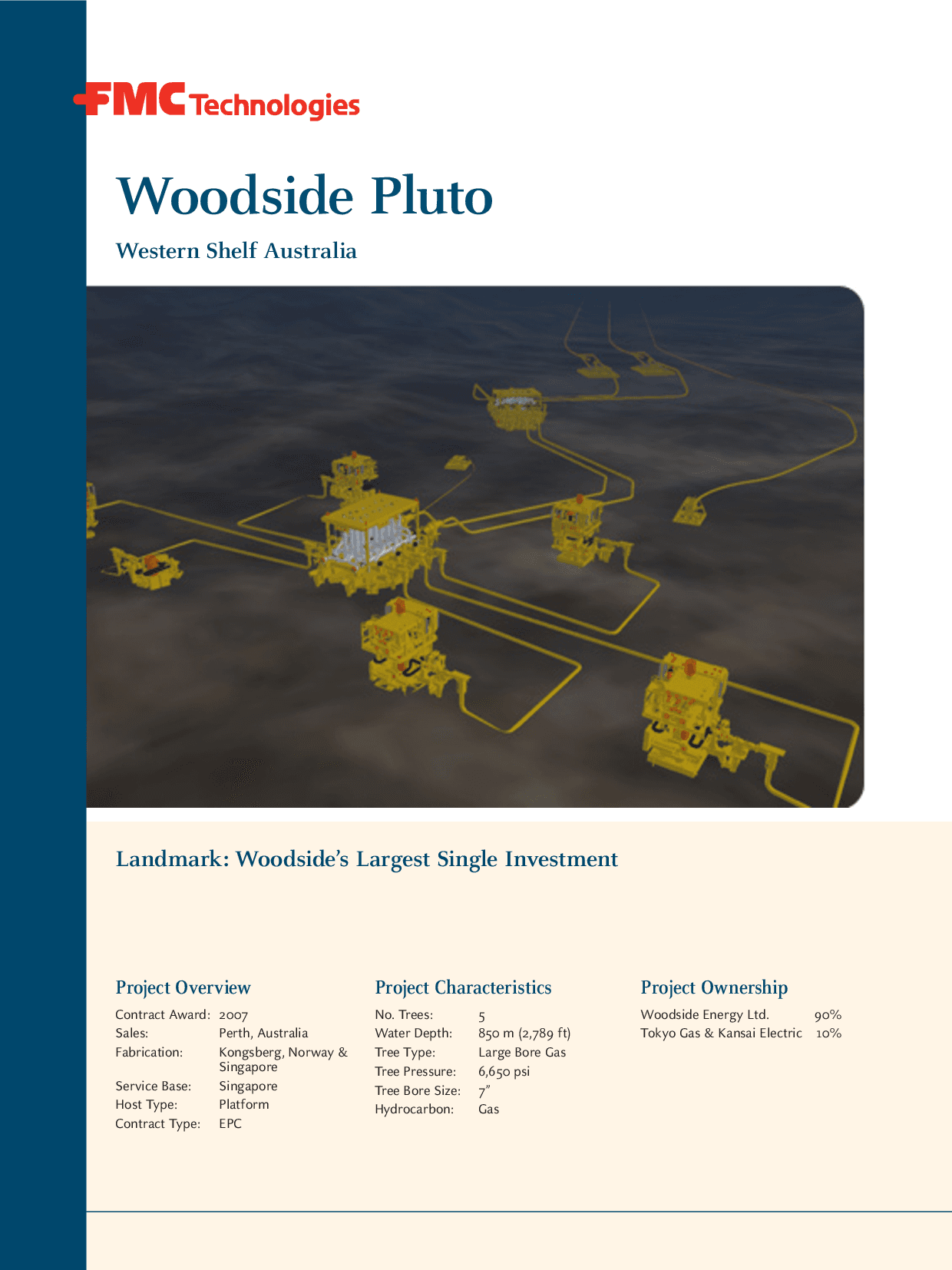BHP Makes Fresh Bid for Anglo American, Seeking Copper and Scale
BHP renewed an approach to Anglo American on November 23, 2025, according to people familiar with the matter, marking a fresh push to consolidate copper and other base metals amid rising demand for electrification minerals. The outreach was reported as preliminary with no public comment from either company, and the move could reshape supply chains, trigger regulatory scrutiny and force difficult negotiations over value and shareholder support.

Reuters reported on November 23 that BHP Group had made a renewed takeover approach to Anglo American, in what sources described as a preliminary outreach aimed at consolidating copper and other base metal assets. At the time of the report neither BHP nor Anglo American had commented publicly, and sources cautioned there was no certainty a transaction would materialize.
The reported approach comes against a backdrop of intensifying demand for metals used in electrification, including copper which is critical to electric vehicles, renewable power and grid upgrades. Industry forecasts point to strong growth in copper consumption over the coming decade, a trend that has helped make copper assets among the most sought after in mining sector deal making. For major producers, acquiring scale in copper can provide revenue diversification and a longer pipeline of projects as existing deposits face depletion and capital expenditure needs rise.
Any approach by BHP would reopen complex strategic questions at Anglo American, whose recent moves included a strategic linkage with Teck Resources. That prior alignment could complicate negotiations over asset valuations, governance and the treatment of overlapping interests. Shareholder dynamics will also be pivotal. Institutional investors and pension funds that hold sizeable stakes in both companies will weigh the trade offs between a potential premium for Anglo American shareholders and the strategic logic of combining large mining portfolios.
Regulatory approval would present another major hurdle. A deal involving two of the world s largest miners would invite scrutiny in multiple jurisdictions where both companies operate and where copper production is concentrated. Authorities in the United Kingdom, the European Union and key producing countries such as Chile and Peru typically examine transactions for competition concerns and national interest implications, and remedies often require divestments or behavioral commitments that can erode anticipated synergies.
Market implications would be significant even in the absence of a completed transaction. Consolidation among major miners can change bargaining dynamics with governments and communities over mine permitting and royalties, shift competition for exploration acreage, and influence timing of new mine development. For consumers and industrial users, a consolidation of large copper assets could affect supply visibility and price volatility, especially as demand for electrification metals tightens.
Analysts will watch any follow up discussions for signals on price, structure and timing. If the talks advance, negotiations will likely center on valuation of Anglo American s base metal portfolio, the fate of existing strategic links, regulatory clearance pathways and the degree of shareholder backing required to consummate a deal.
For now the outreach remains an opening salvo in what could be a drawn out process. The preliminary nature of the discussions and the multitude of financial, regulatory and political variables mean a deal is far from certain, but the reported approach underscores how the global race for critical minerals is reshaping strategic thinking at the highest levels of the mining industry.


